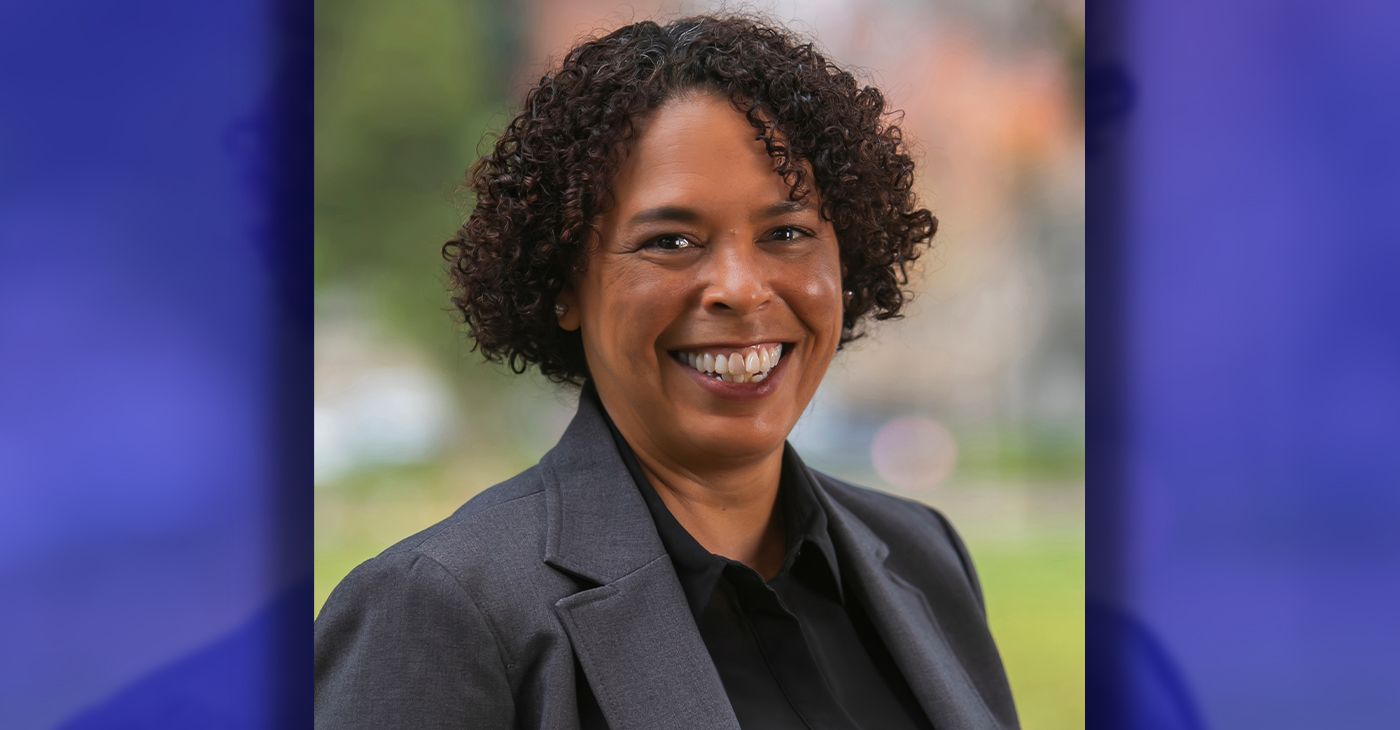Health/Environment
For America’s Cities, Housing Policy is Climate Policy

In an op-ed recently in the New York Times, UC Berkeley energy expert Dan Kammen and state Senator Scott Wiener are blunt: “To solve the climate crisis, we have to solve the housing crisis.”
Noting California’s lead in addressing climate change, the two warn that the state’s progress is slowing because of a stubborn roadblock: emissions from the greenhouse-gas spewing cars and trucks are going up.
The solution, they say, is denser housing around transportation and work hubs to cut the number of vehicles on the road. Wiener has introduced a controversial bill in the California Legislature — Senate Bill 50, the More HOMES Act — that would override local restrictive zoning by legalizing small to mid-size apartment buildings up to five stories near job centers and near public transportation.
“Specifically, we need to make it easier for people to live near where they work and near public transportation, and that means actually allowing housing to be built in and near our job centers and near transit,” they write. “California’s current system of allowing cities to systematically restrict or ban new housing where the jobs and transit are located — via restrictive zoning and impossible approval processes — leads to sprawl, crushing commutes, and increased carbon emissions.”
Wiener and Kammen promote the bill as a roadmap for other cities and states as they attempt to reduce pollution and climate-altering emissions. Governor Gavin Newsom seems to be onboard: his proposed budget would penalize cities that don’t meet housing targets with loss of state transportation revenues.
“If we can build more momentum for more homes near where people work and access transit, we can continue to reduce carbon emissions, in California and around the country, and make sure our progress continues apace,” they conclude.
Bay Area
New Marin County HHS Director Brings Breadth of Bay Area Experience
On Feb. 20, Dr. Lisa Warhuus, a psychologist with over 25 years of social services experience, will take over as Marin County’s new Director of Health and Human Services. She replaces Dr. Benita McLaren, who retired in December 2023.

By Oakland Press Staff
On Feb. 20, Dr. Lisa Warhuus, a psychologist with over 25 years of social services experience, will take over as Marin County’s new Director of Health and Human Services.
She replaces Dr. Benita McLaren, who retired in December 2023.
“We feel very fortunate to have someone with Dr. Warhuus’ skills and ability join our executive team,” said Marin County Executive Matthew Hymel.
“Throughout her career, Dr. Warhuus has demonstrated an ability to bring stakeholders together to effectively address our most complex community challenges,” Hymel continued.
With the County of Marin, Dr. Warhuus will lead a team of over 800 full-time equivalent staff positions and manage an annual budget of $258 million.
Her annual salary will be $288,433 with benefits consistent with those received by other department heads.
Most recently, Warhuus served as the Director of Health, Housing, and Community Services for the City of Berkeley. In that role, she oversaw a budget of more than $100 million and more than 200 employees across various divisions, including Public Health, Mental Health, Environmental Health, Housing and Community Services, and Aging Services.
“It is a true honor to have been selected for this important position. I cannot wait to get to know the incredible community of Marin County and to collaborate with the dedicated team within the Department of Health and Human Services,” said Warhuus.
Before working for the City of Berkeley, Warhuus served as Director of Children and Youth Initiatives at the Alameda County Health Care Services Agency. Before that, she was an Associate Director. In that role, she “managed and cultivated partnerships that helped expand mental health programs in multiple school districts. She also championed culturally responsive health and wellness services that aimed to support vulnerable populations,” according to a Marin County press release.
For Berkeley, “Warhuus was also a vital member of the Senior Executive Team providing counsel to the City Manager, Mayor, City Council, and the public on matters pertaining to health and housing,” the press release continued. “Notably, she played a key role in initiatives such as the City’s response to COVID-19, contributing to the citywide emergency efforts, and spearheading the development of a 24/7 mobile crisis response for individuals facing mental health and/or substance use crises.”
Warhuus earned her bachelor’s degree in psychology from UC Berkeley and master’s and doctoral degrees from Aarhus University in Denmark.
Activism
Rep. Barbara Lee Marks World AIDS Day with Critical Plea to Congressional Colleagues
“World AIDS Day is an opportunity to celebrate the incredible progress we have made toward becoming an AIDS-free generation. In the past two decades we’ve saved 25 million lives, especially among the Black community globally, through transformative programs like PEPFAR,” said Lee in a statement.

By California Black Media
Rep. Barbara Lee (D-CA-12) marked Worlds AIDS Day on Dec. 1, with a critical call-to-action.
The Congressmember, who is running for U.S. Senate, urged her colleagues to pass legislation that will reauthorize the PEPFAR program, a U.S. government-supported global initiative that provides lifesaving HIV medications to people in the United States and around the world who can’t afford to buy them.
“World AIDS Day is an opportunity to celebrate the incredible progress we have made toward becoming an AIDS-free generation. In the past two decades we’ve saved 25 million lives, especially among the Black community globally, through transformative programs like PEPFAR,” said Lee in a statement.
In 2003, with bipartisan support — and after vocal and extensive advocacy by members of the Congressional Black Caucus — Congress passed the law approving the program. Former President George Bush, who famously championed the program, signed it into law.
On Nov. 30, Dr. Robyn Neblett Fanfair, acting division director in the Division of HIV Prevention at the National Center for HIV and the Centers for Disease Control, said the AIDS crisis is at a crossroads.
“Together with ongoing commitment, we can honor the hundreds of thousands of lives lost to HIV-related illness in the United States and millions worldwide by ensuring that everyone benefits equally from four decades of groundbreaking scientific advances,” Fanfair said in a letter.
The CDC estimates that 1.2 million people in America have HIV, and 1 in 8 carriers don’t know it.
Since its inception, the U.S. government has provided over $100 billion to support the PEPFAR program.
“For 20 years, PEPFAR has been one of our nation’s most profound and transformational investments globally. Five and a half million babies have been born HIV-free because of the critical work funded by the program,” Lee continued.
The PEPFAR program is credited with significantly lowering the AIDS death rates in Black communities across the United States, where there is still a disproportionate number of HIV cases and where incidents continue to increase. For example, in Los Angeles County, which includes California’s largest and most populous city, there was a 13% year-over-year increase in new HIV cases between the last two years, according to data compiled by the LA County Department of Health.
PEPFAR is also lauded for turning around the epidemic in Africa, where it was most severe when the initiative was established.
“On World AIDS Day, I call upon my colleagues in Congress to reignite the bipartisanship that has been linked to PEPFAR for so long and act swiftly to keep this lifesaving program alive,” said Lee.
To commemorate the 35th anniversary of World AIDS Day, the California State Capitol was illuminated in red light on the evening of Dec. 1.
California Black Media
Biden’s ‘Hydrogen Hub’ Plan Set to Generate Thousands of Clean Energy Jobs in California
Last week, clean energy advocates and industry experts praised a new federal government program that is expected to bring thousands of jobs to California. As part of President Biden’s Investing in America agenda, a key pillar of Bidenomics — the President’s economic plan — the U.S. Department of Energy (DOE) launched the $7 billion Regional Clean Hydrogen Hubs (H2Hubs) program across the nation on Oct. 13.

By California Black Media
Last week, clean energy advocates and industry experts praised a new federal government program that is expected to bring thousands of jobs to California.
As part of President Biden’s Investing in America agenda, a key pillar of Bidenomics — the President’s economic plan — the U.S. Department of Energy (DOE) launched the $7 billion Regional Clean Hydrogen Hubs (H2Hubs) program across the nation on Oct. 13.
The program, which creates seven regional hubs in seven states, including California, is expected to be a boon for Black and other minority communities.
It is part of the federal government’s Justice40 initiative, which requires that 40% of the “overall benefits” of the program will be used to invest in marginalized communities and places that have been disproportionately impacted by pollution.
“The seven selected regional clean hydrogen hubs will catalyze more than $40 billion in private investment and create tens of thousands of good-paying jobs — bringing the total public and private investment in hydrogen hubs to nearly $50 billion,” the Biden-Harris administration said in a statement.
The program is designed to accelerate the commercial-scale deployment of low-cost, clean hydrogen — a valuable energy product that can be produced with zero or near-zero carbon emissions and is crucial to meeting Biden’s climate and energy security goals, according to the White House.
“Unlocking the full potential of hydrogen — a versatile fuel that can be made from almost any energy resource in virtually every part of the country — is crucial to achieving Biden’s goal of American industry powered by American clean energy, ensuring less volatility and more affordable energy options for American families and businesses,” stated U.S. Secretary of Energy Jennifer M. Granholm.
“This federal investment is significant because it complements and it unlocks so much private investment and investment from the states,” said Chris Hannan, president of ARCHES partner State Building and Construction Trades Council of California, in a statement.
-

 Activism4 weeks ago
Activism4 weeks agoOakland Post: Week of March 27 – April 2, 2024
-

 #NNPA BlackPress4 weeks ago
#NNPA BlackPress4 weeks agoCOMMENTARY: D.C. Crime Bill Fails to Address Root Causes of Violence and Incarceration
-

 #NNPA BlackPress4 weeks ago
#NNPA BlackPress4 weeks agoMayor, City Council President React to May 31 Closing of Birmingham-Southern College
-

 #NNPA BlackPress4 weeks ago
#NNPA BlackPress4 weeks agoBeloved Actor and Activist Louis Cameron Gossett Jr. Dies at 87
-

 Community1 week ago
Community1 week agoFinancial Assistance Bill for Descendants of Enslaved Persons to Help Them Purchase, Own, or Maintain a Home
-

 Activism3 weeks ago
Activism3 weeks agoOakland Post: Week of April 3 – 6, 2024
-

 Business1 week ago
Business1 week agoV.P. Kamala Harris: Americans With Criminal Records Will Soon Be Eligible for SBA Loans
-

 Activism2 weeks ago
Activism2 weeks agoOakland Post: Week of April 10 – 16, 2024




















































